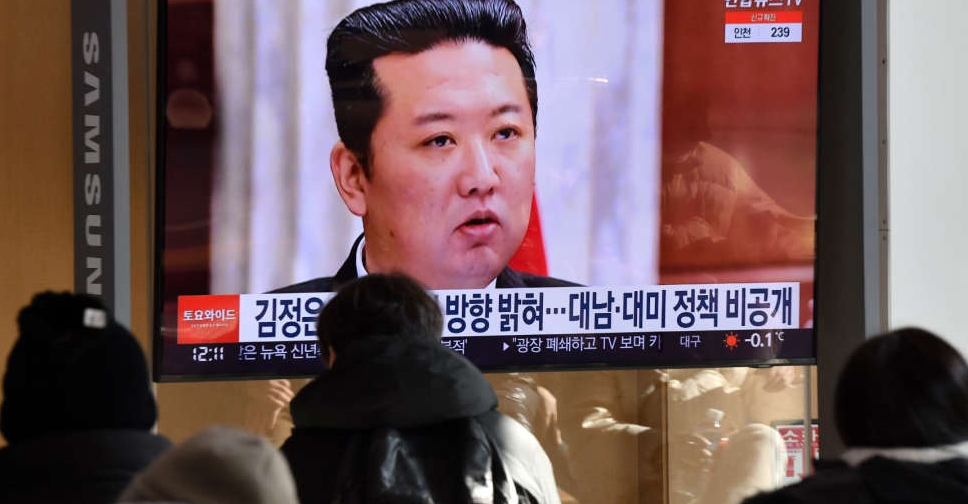
North Korean leader Kim Jong Un continued to preside over the second day of the nation's major party meeting on its military and defence policies, the state media reported on Thursday, amid concerns over a potential imminent nuclear test.
At the meeting, the party discussed adding operation duties of the frontline units, modifying operation plans and restructuring key military organisational formations, Korea Central News Agency (KCNA) said, adding Kim stressed the importance of efforts to enhance the operational capabilities of the frontline units.
The meeting is being closely watched as it could provide clues on the timing of a nuclear test, which the North is seen to have been preparing for weeks. South Korean officials have said the test can come "at any time" and that the timing would be decided by Kim.
But an official at South Korea's presidential office on Wednesday said he thought North Korea could be delaying what would be its seventh nuclear test in consideration of China's political calendar and the nation's COVID-19 situation.
Kim Jong Un on Tuesday presided over the military meeting, which KCNA reported would discuss major tasks to further enhance the function and role of the military commissions at all levels as well as the military policy line and key defence policies of the party.
Last year, Kim laid out military development plans that included smaller nuclear bombs, hypersonic missiles, spy satellites, and drones.
In April, he called on the country's military to "bolster up their strength in every way to annihilate the enemy", and has tested an unprecedented number of ballistic missiles this year, including massive intercontinental ballistic missiles (ICBMs), new hypersonic missiles, and a short-range missile potentially designed for tactical nuclear weapons.
Meanwhile, North Korea has recently reported an outbreak of an unidentified intestinal epidemic in its faming region, which has been adding further strain on the isolated economy, already battling chronic food shortages and a wave of COVID-19 infections.

 UK inquiry finds 'chilling' cover-up of infected blood scandal
UK inquiry finds 'chilling' cover-up of infected blood scandal
 Iranian President Raisi killed in helicopter accident, state media says
Iranian President Raisi killed in helicopter accident, state media says
 ICC prosecutor seeks arrest warrants for Israeli, Hamas leaders
ICC prosecutor seeks arrest warrants for Israeli, Hamas leaders
 Assange given permission to appeal against US extradition
Assange given permission to appeal against US extradition
 Israel intends to broaden Rafah sweep, Defence Minister tells US
Israel intends to broaden Rafah sweep, Defence Minister tells US




